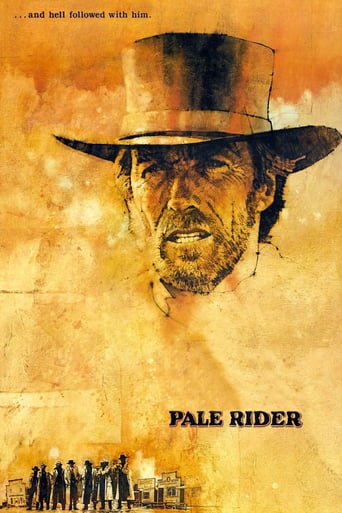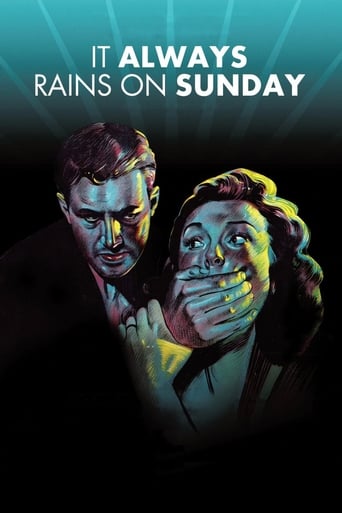


It Always Rains on Sunday
During a rainy Sunday afternoon, an escaped prisoner tries to hide out at the home of his ex-fiance.
-
- Cast:
- Googie Withers , Edward Chapman , Susan Shaw , Patricia Plunkett , Sydney Tafler , Betty Ann Davies , John Slater


Similar titles
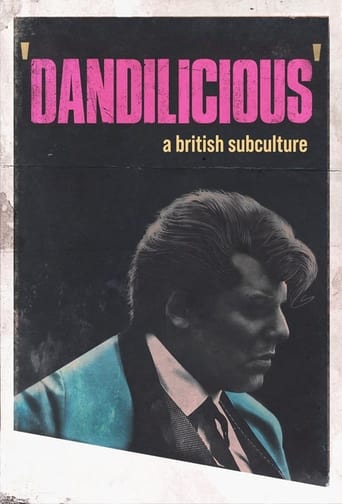
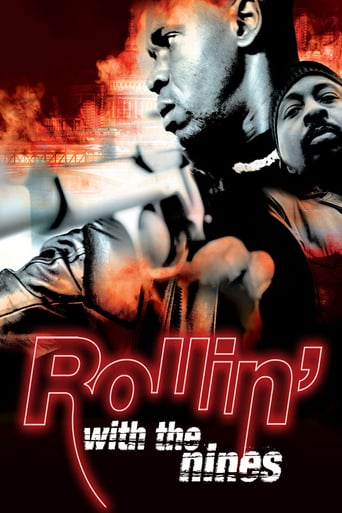
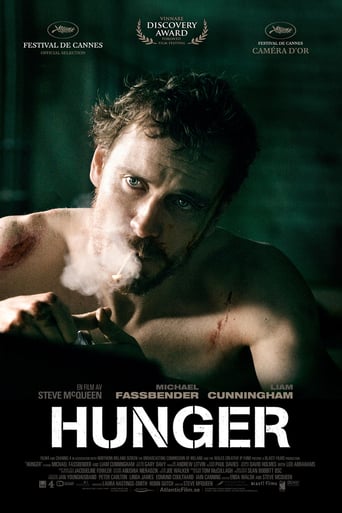
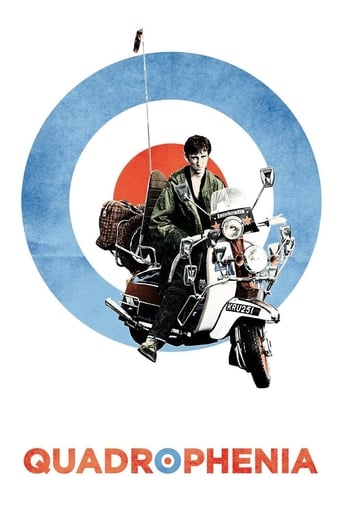
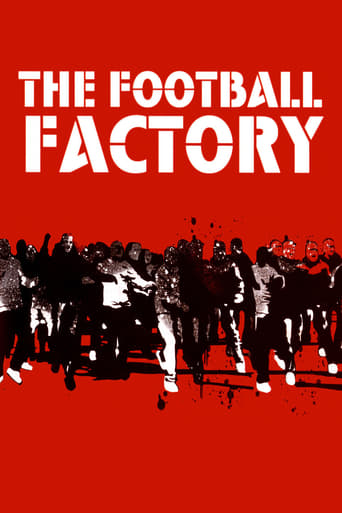
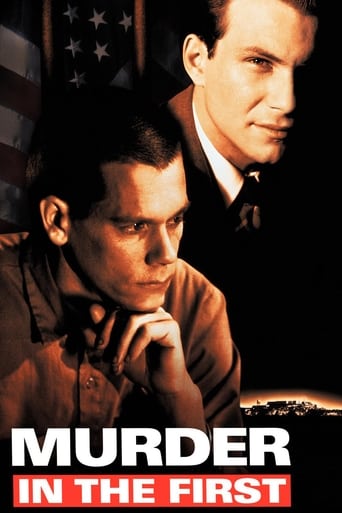
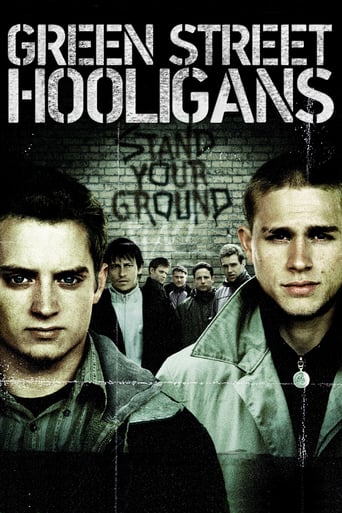
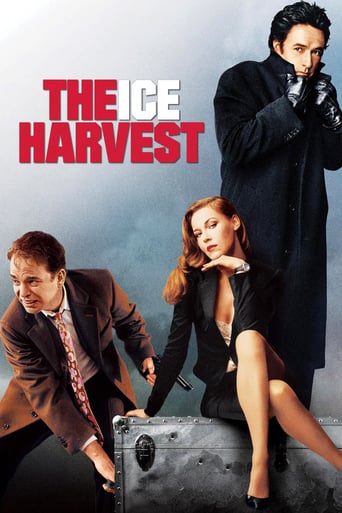
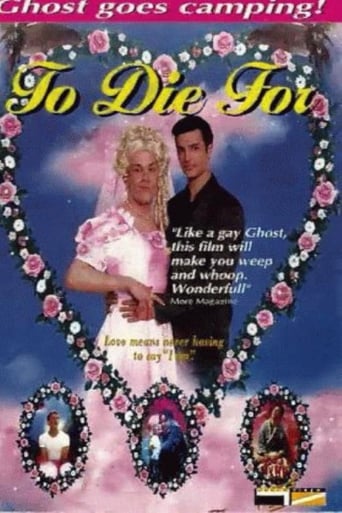
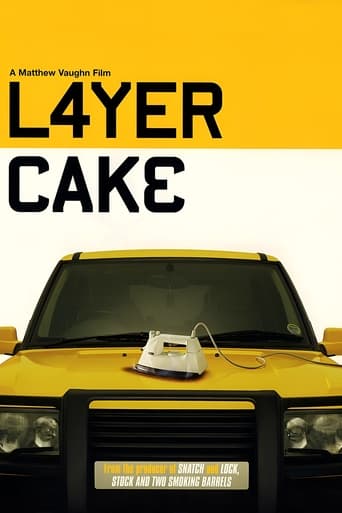
Reviews
If you don't like this, we can't be friends.
Highly Overrated But Still Good
Good movie but grossly overrated
Absolutely Brilliant!
John McCallum (Tommy) escapes from Dartmoor prison and seeks out his ex-girlfriend Googie Withers (Rose) for food and clothing to help him on his way. Googie is now married to Edward Chapman (George) and lives with his 2 daughters and a son of their own. I think? The son seems a bit old but I think that's the relationship as he refers to Googie as 'mum'. We get involved in their claustrophobic life in their community where everyone seems to know each other. It's the East End of London and everyone is 'salt of the earth'. You get spivs, gangsters, family life and detective Jack Warner (Fothergill) on the trail of McCallum. Googie and McCallum do get together in real life but things are different in this film.The main plot follows the escaped convict storyline but this film is also about family life with characters having their own agendas. Which room is the best room in the house to hide an escaped criminal? You won't believe where Googie directs her ex not only to hideout but also to have a kip! We see McCallum's true feelings towards Googie unravel in the later stages of the film and there is quite an intense final scene as he makes a break for it. I watched the film on a Sunday. And it was raining.
Ealing Studios are chiefly remembered nowadays for their string of classic comedies made between 1946-55 but they also put out several notable pictures in other genres - including the justly celebrated horror portmanteau DEAD OF NIGHT (1945) - and this noir-ish melodrama is definitely one of their hidden gems. Although the plot per se is no great shakes - an escaped convict hides out in his by-now-married ex-flame's household - the idea was still fresh at the time and the film's marrying of the realistic and evocative recreation of daily life and surroundings (here being the seamier side of London's East End) with the exciting chase thriller format was much admired in its day and, in hindsight, very influential.The good cast is headed by the formidable Googie Withers as the embittered housewife whose life of drab domesticity comes crashing down around her with the sudden reappearance of her lover (John McCallum, and Withers' own real-life husband-to-be) who demands food and shelter until he can skip the country; her much older, unassuming husband is played by frequent Norman Wisdom sidekick Edward Chapman and the pursuing police detective by the ubiquitous Jack Warner who cornered such roles in British films of the era, most notably in Basil Dearden's THE BLUE LAMP (1950); Chapman's three children are each having problems of their own and their frequent comings-and-goings in the house during this particular Sunday (the film is set all in one day) brings long-suppressed tensions to the fore.Even without the eye-catching use of the medium of somebody like Carol Reed, the film is beautifully handled by the talented but ill-fated Robert Hamer - who, among other things, would later direct that which is undoubtedly Ealing's most famous comedy, KIND HEARTS AND CORONETS (1949) - and the climactic sequence (expertly lit, as always, by Douglas Slocombe) in which all the various strands of plot and secondary characters are seamlessly woven together is simply exquisite.Optimum Releasing also included a featurette with film historian George Perry - who, incidentally, introduced THE BIG SLEEP (1946) at the recent National Film Theatre screening in London I attended; unfortunately, I encountered some playback problems on my Pioneer DVD player even before the start of the main feature but the R2 disc played without a hitch on my cheap HB model.
This film is set in the Jewish East End of the 1940's, A part of London that has changed dramatically, It is interesting in a social history sense but for a film it is rather lacking in narrative drive. The characters and performances are interesting but the story has nowhere to go. Women are treated rather badly and called 'bags' and 'mares' and are often portrayed in an unflattering light. It was probably quite shocking at the time. The film abounds with wonderful character actresses such as Hermione Baddeley, Vida Hope and Gladys Henson who are always a pleasure to watch and leads Googie Withers and John McCallum make the most of their roles.
Ealing Studios were, of course, best known for comedies, and Robert Hamer was possibly best known as the director one of the best of those, "Kind Hearts and Coronets". "It Always Rains on Sunday", however, is not a comedy but a crime drama, an example of the studio's more serious output. The action is set in Bethnal Green, a working class district of East London, in the years following the end of the Second World War. (In the forties the British cinema, which had hitherto concentrated on the lives of the well-to-do, began to make more films about working class life, foreshadowing the "kitchen sink realism" of the late fifties and sixties). Tommy Swann, an armed robber, escapes from Dartmoor Prison and makes his way back to London where he hides in the home of his former fiancée, Rose Sandigate, hoping to escape abroad by stowing away on a ship. Although Rose is now married to another man, she still loves Tommy and shelters him in the house.In visual terms the film, with its strong contrasts of light and dark and its frequent shots of rain-swept streets, seems to have been influenced by the contemporary American film noir style. (Hamer was obviously keen on the rainy look- so keen, in fact, that we sometimes see rain, presumably courtesy of a hosepipe, falling from bright sunlit skies). This is particularly apparent during the gripping chase scenes near the end, when Swann attempts to hide from the police in a railway marshalling yard. In terms of content, however, the film differs from most films noirs, which normally had at their centre a single strong male character, who could be on either the wrong or the right side of the law but was generally a loner. Swann might fit that description, but the film is not really about him but about Rose and her family, and also about the wider community of which they are a part.There are some memorable characters, both within the Sandigate family and without. Besides Rose, the family consists of her stolid, easygoing husband George, a man whose life revolves around his pipe, his newspaper, his pint of beer and the local pub darts team, their cheeky young son Alfie, and George's two attractive teenage daughters from an earlier marriage. These two are very different in character. Vi, the elder, is rebellious, promiscuous and the current mistress of Morrie Hyams, a shopkeeper of dubious character who also acts as bandleader at the local dance-hall. Doris, the more docile, placid younger daughter, is being pursued by Morrie's equally dubious brother Lou, a bookmaker, but prefers her steady boyfriend Ted.We tend today to look back on the late forties as a time of post-way austerity and hardship, particularly in working class areas, but apart from a few shots of bomb-damaged buildings and references to the rationing system there is little of that to be seen here. The action all takes place on one single Sunday (probably in Autumn), and we see the East End at play rather than at work, with the local people enjoying themselves in the pub, at a street market, at the dance-hall and at an open-air boxing match (a chance for Lou Hyams to make some money by fixing the result).Despite this emphasis on fun and relaxation, however, the people we see are not the stereotyped lovable cheerful Cockneys familiar from many British films. Besides the more serious villainy of Swann and his like, there is also a considerable amount of petty crime, often used as a source of comic relief. There is a comic subplot about three minor-league villains who have stolen a lorry-load of roller-skates and are trying to find a fence who will dispose of them; the man they find is a sanctimonious hypocrite who objects to boys playing the mouth-organ on the Sabbath but has no objection to dealing in stolen goods. The dodgy Hyams brothers are also a source of humour, especially Morrie who, for all his flashy pretensions, is an essentially ludicrous character, caught between the demands of the sluttish Vi and his long-suffering wife Sadie. (The brothers have cut themselves off from their traditional Jewish family, who disapprove of their dishonest dealings, although it is noteworthy that Morrie still claims the right, as a Jew, to open his shop on Sunday, something that in the forties would have been forbidden to Gentiles).The main thrust of the film, however, is not humorous but serious. Rose (very well played by Googie Withers) is a tragic heroine. Her tragedy is that the man she loves is a violent rogue, who does not love her but makes use of her when it is in his interests, and that she cannot love her husband who is a decent, kindly man and treats her well. The film is a mixture of tragedy, thrills, documentary social realism and occasional humour. Although the film has not become recognised as a classic of the British cinema, unlike most of the Ealing Comedies or other crime dramas to the period, such as "The Blue Lamp", my view is that it deserves to be better remembered. 8/10

